REVIEW: Martyr at ARC
The following review is a conversation between theatre critics Sophie Bouey and Karen Fricker. Sophie saw ARC’s production of Martyr by Marius von Mayenburg, translated by Maja Zade at the Aki Studio Theatre on January 14; Karen saw it January 19.
The following is a transcription of Sophie and Karen’s conversation, which took place over Zoom on January 23. It has been edited for length and clarity.
Karen Fricker (KF): So, Sophie, what are your impressions of Martyr that have stuck with you?
Sophie Bouey (SB): One thing that really surprised me was that it’s funny. When you watch a lot of heavier shows, it feels like sometimes they’ll have comic relief, but the humor in Martyr almost didn’t feel like comic relief, because it felt like it was in the vein of being pretty incisive about human nature. The funny parts came from really digging into the awkwardness of being human. And that’s funny because it’s relatable.
KF: For readers who haven’t seen the show, I’ll explain what it’s about. Director Rob Kempson describes it in his program note as a parable, and that’s an interesting way to think about this complex piece. It’s the story of a young man named Benjamin who has become radicalized as a Christian zealot. We discover this at the same time as his mother does, and it seems to come out of nowhere. His views become increasingly extreme – or, he reveals the extremity of his views throughout the play: that he’s homophobic, that he’s misogynist, and he even sits in judgment of his mother because she’s divorced. The play’s about how the structures in his life, particularly his school and his relationships with his teachers and classmates, are affected by having this zealot in their midst.
SB: I would add that a central element is the conflict between Benjamin and his teacher, Ms. White. She’s the science teacher and trying to deal with his outbursts is one of the driving parts of the show, with them fostering almost equally strong fervors for opposing things.
KF: It’s powerfully acted by Aviva Armour-Ostroff as the teacher, and Nabil Traboulsi as Benjamin. I think you’re absolutely right to say that she becomes a zealot in her own way about science, because he just absolutely won’t budge. She tries to understand him, and we don’t want to give too much away — but whatever’s going on with him becomes a point of obsession for her that has destructive effects on her life.
The play is like watching a disaster happen and I found myself getting really frustrated — but I think that was on purpose. I was saying to myself, ‘Why can nobody stop this?’ The institutions are totally ineffectual. The headmaster (Ryan Allen) is like a parody of a bad, sexist headmaster. The vicar (Ryan Hollyman) tries to recruit Benjamin to do pastoral work. The gym teacher (Richard Lee) can’t help. Benjamin’s mom (Deborah Drakeford) is overwhelmed by what’s going on. I agree with you that there is lots of humor in it, moments of awkwardness that provoke laughter, but at the same time, I also found that it did make me feel quite anxious about how out-of-control the situation was. Did it provoke strong feelings in you, too?
SB: Yeah, 100%. It evoked a very visceral reaction for me, where I’d literally cover my mouth sometimes, and I could hear people around me audibly reacting to things as well.
KF: I thought that it was a very visually striking production. It was a clear, good choice that the audience were seated on two sides of a raised platform, with the actors who weren’t on stage still visible in chairs facing the action. If another audience member laughed, you would definitely know, because it’s a small theatre and you could see the people across from you. It seemed to me like that was by design, that they really wanted us to be in community witnessing this increasingly terrible spectacle.
SB: I thought positioning the actors on the sides was really powerful as well. The lighting by Michelle Ramsay was used in subtle ways to bring those characters in. Most of the time they were lit enough that you could see them watching, and sometimes they were in very dramatic shadows. I remember looking over and there’s one point where they all had their heads bowed, while for most of it, they were looking forward and observing like everyone else in the audience.
There were also maybe one or two moments in the show where there was a character in a scene on the platform talking to someone who wasn’t on the platform. Those levels created a strong and visual power dynamic.
The set and costumes (by Jackie Chau) had a restrained color palette of dark navy and bright orange. The chairs off to the side were this vintage neon orange, and they were almost like a spotlight, they were so bright. The motorcycle helmet was bright orange, the coach’s whistle was bright orange, and even the school ties had orange and navy blue stripes. It gave this sense of order that exists on the surface but doesn’t actually exist in the characters’ world.
KF: Were there any performances that particularly struck you?
SB: The performance that stuck out to me the most was Armour-Ostroff as Ms. White. That was the character who probably had the biggest arc in terms of character development and transforming. She did a phenomenal job. As you said, the director sees this as a parable and these characters maybe symbolize certain things. I thought the performers did a really good job of making them seem real.
I think it’s interesting, though, that Benjamin’s beliefs didn’t change. He starts radicalized and he just gets bolder with his actions. I found some of the scenes with Lydia (Charlotte Dennis), his classmate, were nice because you could see different sides of the character, but it wasn’t necessarily a transformation. And there was a moment when you did see him care about upsetting his mom, and that was a really nice glimpse of the depth of the character, and I would’ve loved a little more of that. But I think he did agreat job of making the character really real. There was a certain charisma, where you can see why he fully won over George, another classmate, because he has such conviction. I think that’s something that we are really drawn to in our lives. There’s lots of people out there on the internet who are very full of conviction, but maybe that’s not the greatest qualification to lead people.
KF: Adriano Reis, who plays George, did a good job of showing us a vulnerable young man who Benjamin preys on. Reis did a good job taking us through that character’s experience of the need to be seen, the need to belong, and the experience of adolescent desire.
Something that I continue to struggle with around the production is the extent to which the performances are meant to be relatable and realistic. I think the tone and style would need to be more heightened for the play to fully work for me. The production is making a comment about extremism, and I think it’s doing it in a way that would be served best by a production that didn’t lean into naturalism. That may be what is leading me to still be asking myself, ‘What was that really about?’
The play was originally written and performed in German, and this translation was first performed in England. I felt a few times that the characters’ word choices sounded more English than made sense with their North American accents. The text doesn’t locate where the action is taking place, and I can’t quite make sense of that no-placeness of it in terms of what it’s trying to say.
SB: I find, as a younger person, that a lot of stories about younger people or teenagers are about the characters’ need to belong and how strong that desire is. Benjamin doesn’t want to belong with his peers. He’s fixated on belonging, but belonging with God. It’s interesting that he has seemingly so little concern about belonging with his peers when he clearly has this deep need to belong in some greater way.
KF: Would you recommend this show?
SB: Yes, definitely. I thought it was an outstanding production. I think it’s intense, so I definitely wouldn’t recommend it to someone for whom that might be unhealthy. I would recommend it if you are someone who’s really interested in perspectives of what it is to be human… animals who aren’t humans dying for their beliefs, that’s not really a thing, at least that we know of. So, the play is exploring this thing that intrinsically makes humans special, but there’s such a dark side to it.
KF: Your comments about dying for one’s beliefs being a specifically human trait – that immediately put me in mind of another show that people are talking about right now, Fifteen Dogs at Crow’s Theatre. The premise of the show is that dogs are given human mental and emotional capacities.
SB: I haven’t seen the show but I read the book, and yes, there’s a huge question about whether being self-aware actually improves our lives. That’s posed in this show too: is feeling so strongly about something that you’d die for it – is that beneficial?
KF: Is there anything else you’d like to say about Martyr?
SB: There are two things. One is a theme in the play about children – there’s the question of whether Benjamin and his classmates are children, in the scene when they’re talking in school about sexuality. Ms. White makes a comparison to religion and the idea that religion provides some big father. I thought that was interesting… is that part of the extremism, where there’s a passion that’s almost a childlike certainty?
Another line that stuck out to me was when Benjamin says, ‘I declare war on depravity’ … That’s kind of his guiding principle through the whole thing, that he’s really seeing his religious stance as a war in which all’s fair… there are so many things we justify when it’s a war.
KF: Those two astute comments are connected, I think. If you declare your level of certainty to be such that you’re at war, this connects for me to how growing up has a lot to do with determining what’s in your control. You noted that Benjamin’s not quite an adult in the show, or he’s on that cusp. There’s something going on in the play about how his certainty gives him a way to proceed through the world.
SB: I think that’s the big reason why he does seem unfazed by the possibility that he’d be bullied. George says that others in the school might bully him, and Benjamin says something like, ‘Well, they’re going to burn in hell, so who cares?’ One of the core aspects of being a child is that you have these rules that you follow, and then as you grow up it becomes moreso that you make your own rules. Benjamin feels like he has the rules to the whole world. He keeps repeating that all people have to do is read this book and they’ll know exactly the truth. If they follow that, then they’ll be right.
KF: If only it were so simple.
Martyr plays at the Aki Studio Theatre, Daniels Spectrum, through January 29. Tickets are available here.

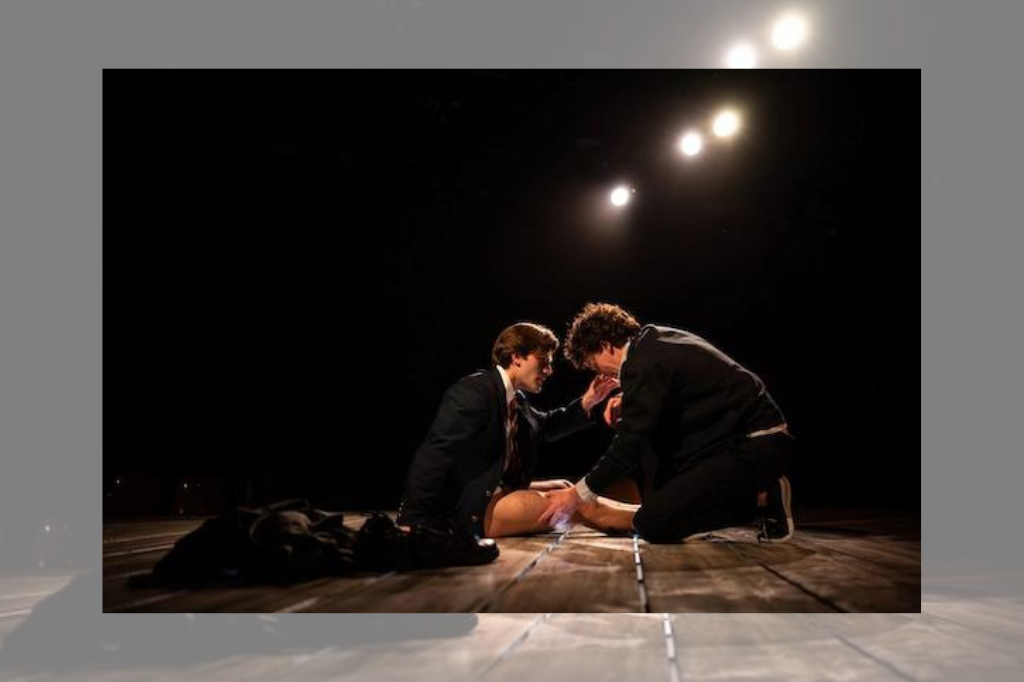
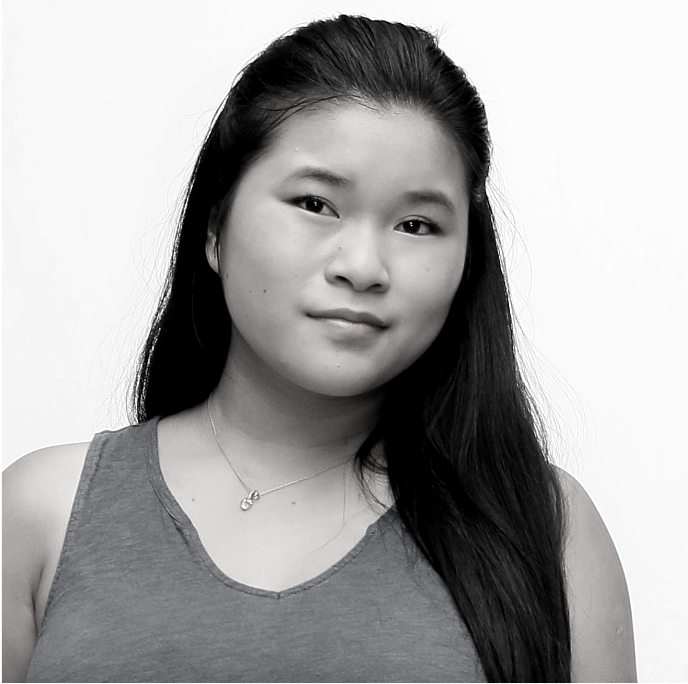
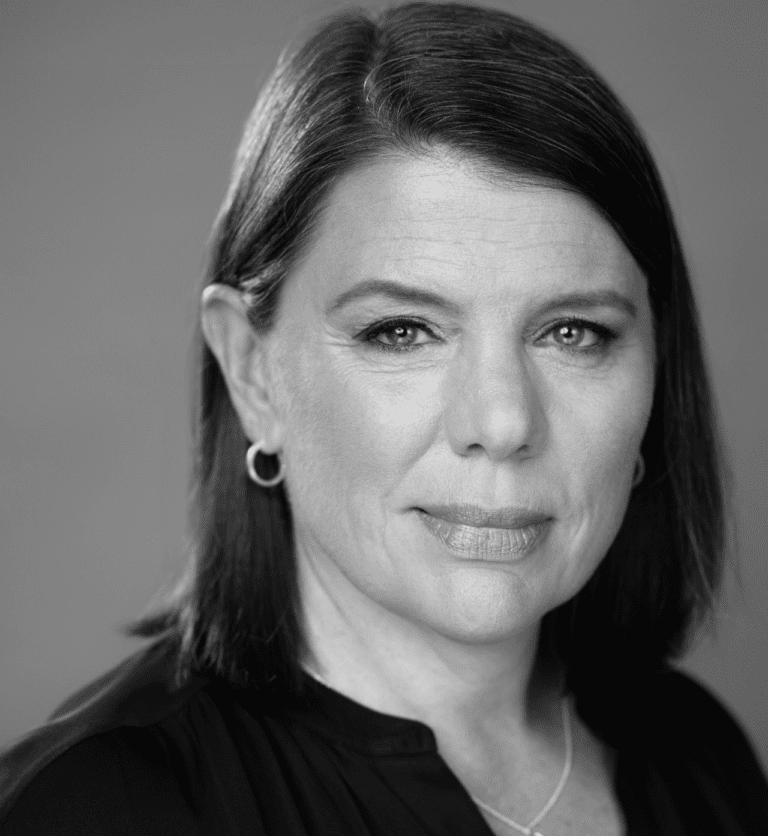









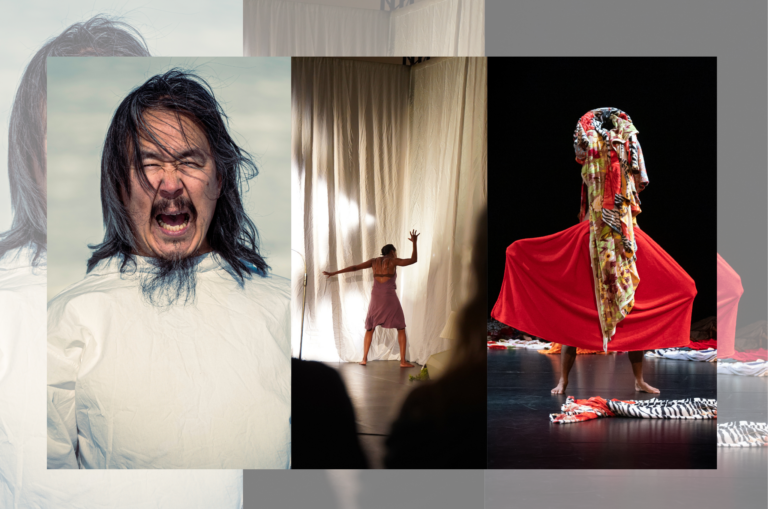

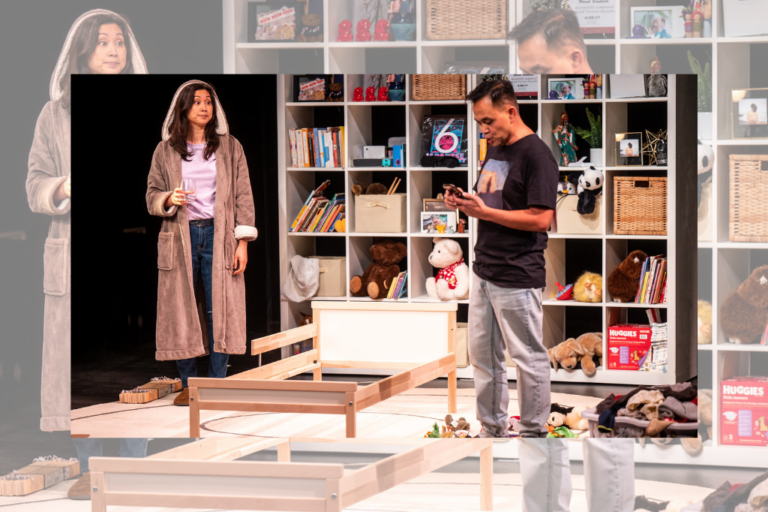
You can send a chat to this tech guru on Telegram via @prompttechrecovery, he will help you recover your lost Bitcoin, fix your credit score and tutor you on the basis of crypto investment as an amateur investor..